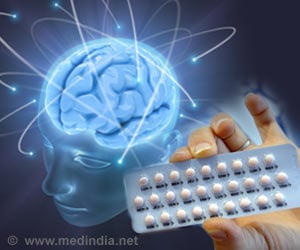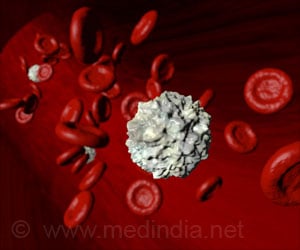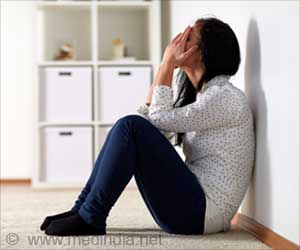New research reveals postpartum hormonal contraceptives don't directly increase depression risk- context matters more than correlation.
- Hormonal contraceptives used postpartum are not shown to directly cause depression
- Absolute risk of being prescribed antidepressants is nearly the same for users and non-users
- Postpartum contraception offers clear health benefits that outweigh minimal risk concerns
Postpartum Hormonal Contraceptive Use and Risk of Depression
Go to source). At the University of Edinburgh, Dr. John Reynolds-Wright, NES/CSO Clinical Lecturer in Sexual and Reproductive Health, stated, "According to this retrospective registry analysis, using hormonal contraception within the first year after giving birth is linked to receiving an antidepressant prescription or receiving a discharge diagnosis of depression in the Danish national healthcare electronic records."
While hormonal contraception is often scrutinized, its postpartum use has not been conclusively linked to depression and actually improves maternal and infant health. #reproductivehealth #postpartumcare #hormonalcontraceptives #mentalhealthawareness #medindia’
Hormonal Contraception Not Directly Linked to Postpartum Depression
The study findings doesn't show that hormonal contraception causes depression.In the 12 months after a first live delivery in this cohort, the absolute chances of being prescribed an antidepressant (or having the discharge diagnosis of depression) are modest and similar for hormonal contraceptive users (1.54%) and non-users (1.36%).
Women who had previously given birth were not included in the study, and a history of depression or antidepressant prescriptions that occurred more than two years earlier was not taken into account. Taking into account both of these factors might have changed the study's conclusions.
No Sufficient Evidence to Change Postpartum Contraception Guidelines
However, this study has not conclusively demonstrated that the incidence of depression is higher- antidepressants may be prescribed for a variety of indications, not just depression- so altering recommendations regarding postpartum contraception is not supported. The authors conclude that "the incidence of postpartum depression may be inflated by routine HC initiation, which is important information to convey at postpartum contraceptive counseling."Weighing Contraceptive Benefits Against Minimal Increased Risk of Depression
Furthermore, the advantages of postpartum contraception, which enables women to space out their births and enhances both their and their unborn child's health in numerous ways, must be weighed against any slight increase in risk (0.18% higher of receiving an antidepressant prescription or receiving a diagnosis of depression)."Given the current global political climate, where reproductive rights are constantly under threat, we must interpret the study's recommendations and findings with caution."
Reference:
- Postpartum Hormonal Contraceptive Use and Risk of Depression - (https://jamanetwork.com/journals/jamanetworkopen/fullarticle/2831950)
Source-Medindia














